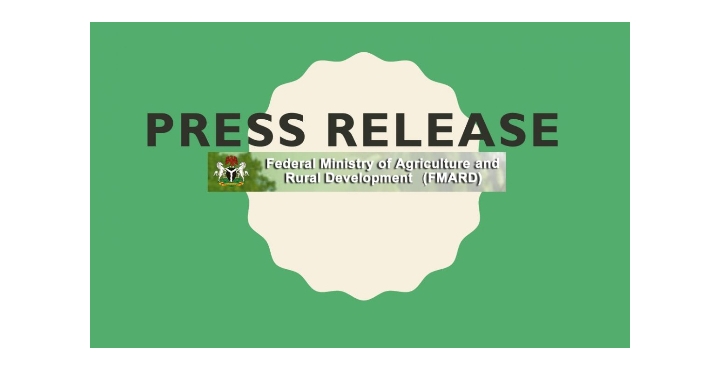The Federal Ministry of Agriculture and Rural Development has issued a public alert regarding the outbreak of Anthrax in neighboring countries within the West African sub-region, specifically in northern Ghana bordering Burkina Faso and Togo. Anthrax is a bacterial disease that affects both animals and humans, presenting a significant concern as it is a zoonotic disease. This report aims to provide an overview of the outbreak, its impact, preventive measures, and the government’s response to the situation.
Anthrax is a bacterial disease caused by spores that are naturally found in the soil and commonly affect domestic and wild animals. Although it primarily affects animals, humans can become infected by coming into contact with infected animals or contaminated animal products. It is important to note that Anthrax is not a contagious disease, and transmission between individuals is not possible.
Impact on Health
The disease has already claimed several lives in the affected areas. Initial symptoms of Anthrax resemble flu-like symptoms, including cough, fever, and muscle aches. If left undiagnosed and untreated, it can lead to severe complications such as pneumonia, lung problems, difficulty in breathing, shock, and death. However, with early diagnosis and proper treatment using antibiotics and supportive therapy, the disease can be effectively managed.
Preventive Measures
Annual vaccinations with Anthrax spore vaccines are available at the National Veterinary Research Institute in Vom, Plateau State. This cost-effective and easily accessible preventive measure is highly recommended for animals. While infected animals cannot be vaccinated, it is crucial to prioritize the vaccination of animals at risk. In this current outbreak, the Ministry advises intensifying animal vaccinations along the border states of Sokoto, Kebbi, Niger, Kwara, Oyo, Ogun, and Lagos due to their proximity to Burkina Faso, Togo, and Ghana. All other states in Nigeria are also advised to participate in the vaccination campaign.
Proper Disposal and Containment
To prevent further contamination, infected dead animals should be buried deeply in the soil, along with the equipment used in their burial. Prior to burial, appropriate chemicals should be applied to eliminate the Anthrax spores effectively.
Public Awareness and Caution
The general public is strongly advised to refrain from consuming certain products that pose a serious risk, including hides (pomo), smoked meat, and bush meat. These items should be avoided until the situation is brought under control. Increased vigilance is encouraged, and any suspicious cases or deaths of animals or humans should be reported promptly to the relevant authorities.
Government Response
The Federal Government has taken immediate action by resuscitating a Standing Committee on the Control of Anthrax within the Ministry of Agriculture and Rural Development. This committee will spearhead efforts to control the outbreak, coordinate relevant institutions and collaborators, and implement comprehensive measures to mitigate the spread of the disease. State Directors of Veterinary Services nationwide have also been sensitized to ensure prompt reporting and appropriate response at the regional level.
Conclusion
The outbreak of Anthrax in neighboring countries within the West African sub-region requires immediate attention and coordinated efforts to control its spread. The Federal Ministry of Agriculture and Rural Development has issued this public alert, emphasizing the importance of preventive measures such as animal vaccinations and public caution regarding specific food items. By implementing these measures and increasing awareness, the government aims to effectively manage the outbreak and safeguard public health.
Source: https://fmard.gov.ng/fg-alerts-general-public-on-outbreak-of-anthrax/
Dr. Ernest Afolabi Umakhihe
Permanent Secretary
Federal Ministry of Agriculture and Rural Development
